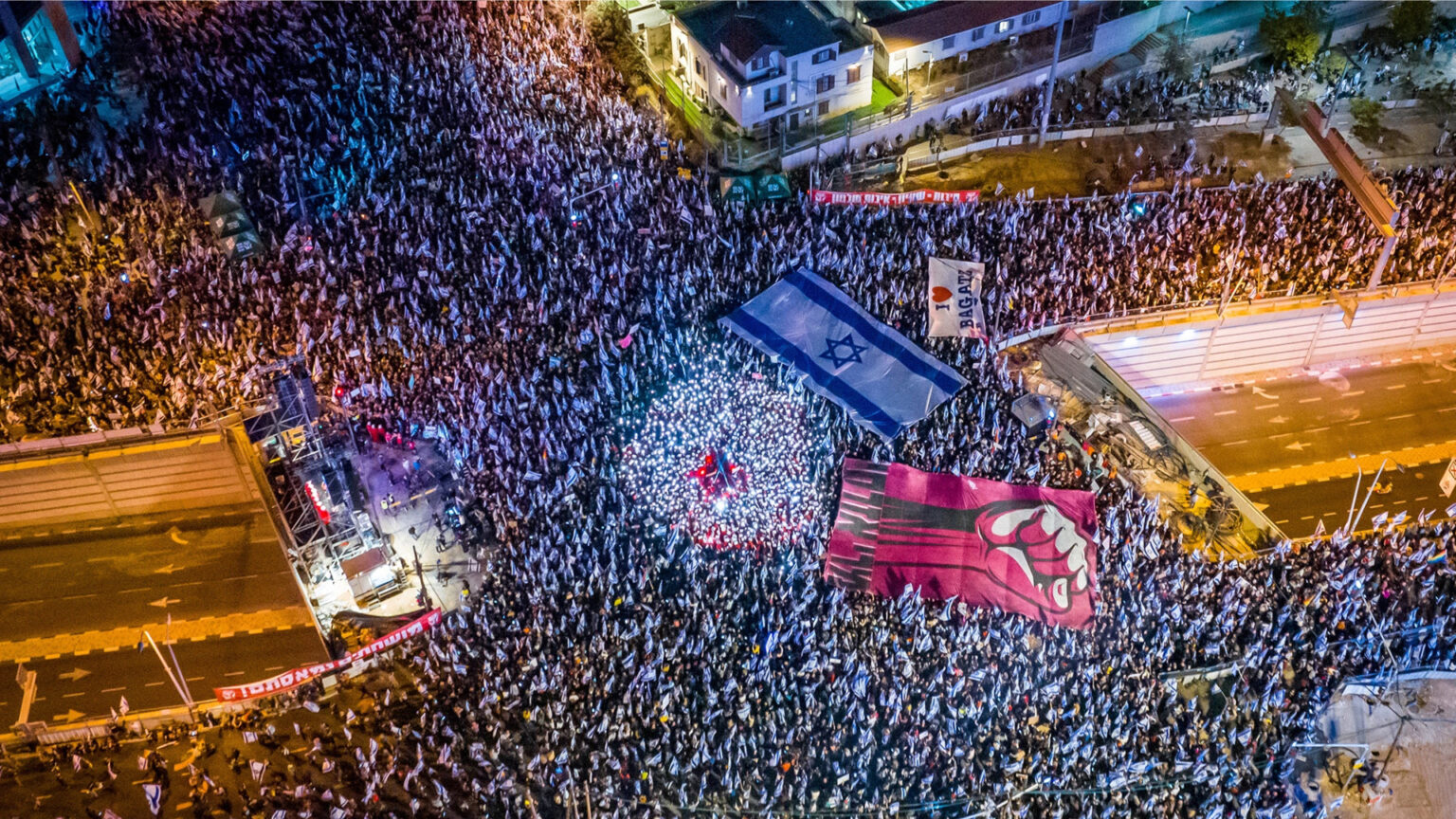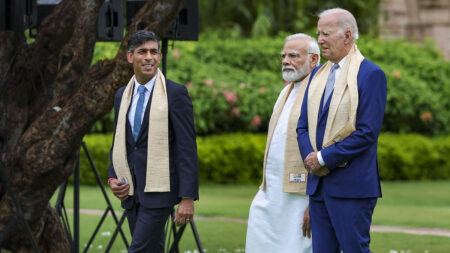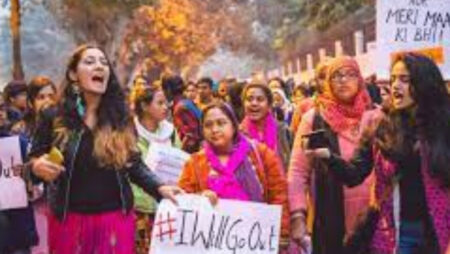Thousands of demonstrators protested against Israeli Prime Minister Benjamin Netanyahu’s most recent action in Tel Aviv and Jerusalem. Following the adoption of a highly contentious measure to restrict the Supreme Court’s authority by parliament, Israeli police engaged in nighttime clashes with masses of protesters.
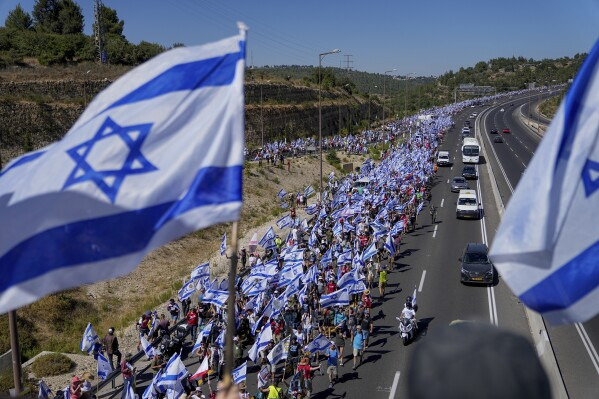
Dictatorship in Action?
Israel’s parliament passed a crucial measure on July 24 as part of Prime Minister Benjamin Netanyahu’s divisive reformation of the country’s judicial system. New rounds of large-scale protests followed the passage of this bill, and Netanyahu was accused of guiding the nation into dictatorship.
Netanyahu’s governing coalition overwhelmingly approved the motion, but not before the opposition stormed out of the room in anger.
This growth strained the nation’s delicate social fabric, deepened tensions already present there, and even raised questions about the cohesion of its potent military. The United States, Israel’s closest friend, has also frequently expressed alarm about these developing developments.
The vote ended months of unrest, and Israel’s president warned political leaders on Monday that the nation was “in a state of national emergency” as a result of the decision.
All day Monday, air horns, drums, and whistles were used to create an uproar of noise as people protested outside the Knesset.
A protester who was sleeping in the street told the BBC that he was against “dictatorship” and mentioned that his grandpa had worked at the renowned Bletchley Park in the UK during World War II to crack codes used by the Nazis.
When asked how long he intended to remain, he responded, “We will never surrender.”
The legislative resolution added yet another dramatic turn to the unfolding events shortly after Netanyahu was released from the hospital following the installation of a pacemaker.
Thousands of people demonstrated against Netanyahu’s changes in Tel Aviv and Jerusalem as his supporters hailed their victory and promised to continue them.
The Supreme Court will likely hear challenges to the bill, which indicates that the debate over planned reforms to the nation’s judicial system will continue.
After the vote, Opposition leader Yair Lapid said, “It’s a sad day,” according to the Associated Press. “The coalition has not won in this. This is how Israeli democracy is being destroyed.”
Full Blown Out Protest
Tens of thousands of demonstrators, who marched nearly parallel to one another for 45 miles (70 kilometers) from Tel Aviv to Jerusalem at the end of the previous week, set up tents in a park between the Knesset and the Supreme Court.
Mr. Netanyahu attended the vote in parliament just hours after being released from the hospital following an unexpected pacemaker operation on Saturday.
One of the worst domestic crises in Israeli history has been brought on by the divisive changes that have polarized the nation.
Since the beginning of the year, hundreds of thousands of protesters have been taking to the streets every week to express their outrage at what they see to be an assault on democracy.
The reform is seen by protesters as a coup attempt motivated by Netanyahu’s political and personal grievances. The demonstrators’ worries about the motivations behind the reform and the participation of his associates are further fueled by the fact that he is still facing corruption allegations.
Beliefs of Netanyahu
On the other hand, Netanyahu and his allies contend that these measures improve democracy by reducing the weight of unelected judges and increasing the power of elected politicians.
The White House expressed disappointment after urging Netanyahu to postpone his reform proposal until he had a strong agreement.
It stated that it was terrible that the vote today was carried by the thinnest margin conceivable.
Netanyahu responded to the criticism in a televised speech. In order to restore some equilibrium between the three arms of government, he stated, “today we did a necessary democratic act.”
Channel 13 in Israel broadcast a split-screen image of a policeman’s water cannon splashing a mob of demonstrators while he was speaking.
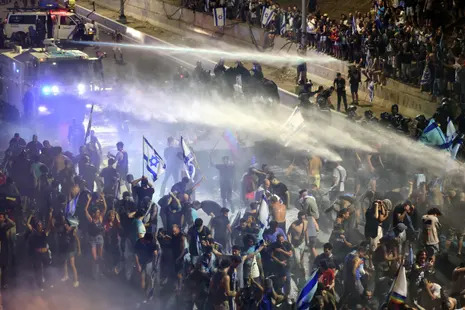
In the Israeli framework, the prime minister controls both the legislative and executive arms of government by forming an overwhelming coalition in parliament.
The Supreme Court thus has a significant supervision responsibility. According to critics, Netanyahu and his supporters are attempting to undermine the nation’s checks and balances and concentrate authority over the third, independent arm of government by weakening the court.







